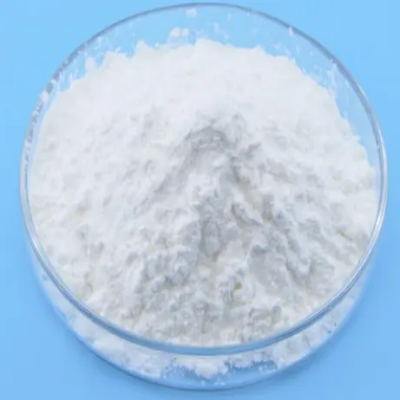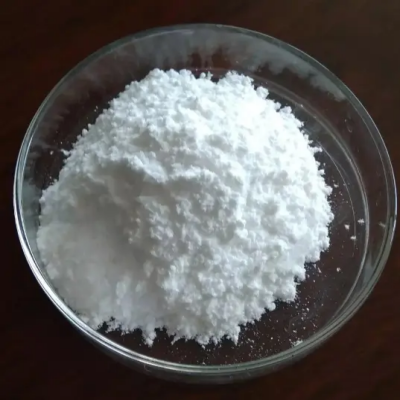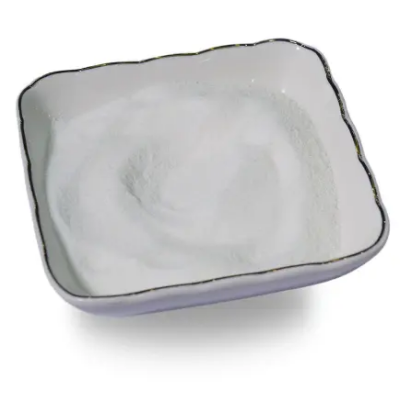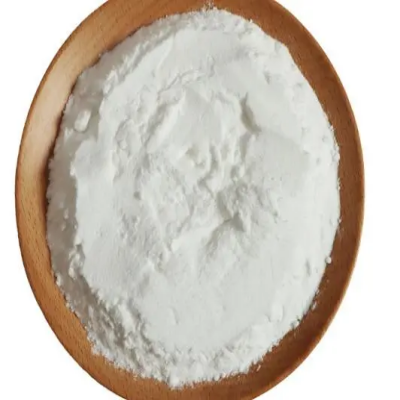Salinomycin CAS:53003-10-4
Salinomycin is widely employed in animal husbandry for the prevention and treatment of coccidiosis, a significant cause of economic losses in poultry and livestock production. Coccidiosis, caused by protozoan parasites of the genus Eimeria, can lead to reduced growth rates, poor feed conversion, and increased mortality in infected animals. Salinomycin's efficacy against various species of Eimeria makes it a valuable tool in controlling coccidial infections and maintaining animal health and productivity. In poultry farming, salinomycin is commonly included in feed formulations to prevent coccidiosis outbreaks and improve flock performance. By targeting coccidian parasites in the gut, salinomycin helps reduce oocyst shedding, intestinal damage, and clinical signs associated with coccidial infections, thereby enhancing the overall health and growth of birds. Livestock producers also utilize salinomycin in cattle, sheep, and other ruminants to combat coccidiosis and improve feed efficiency. Incorporating salinomycin into the diet of young animals susceptible to coccidial infections can help prevent disease outbreaks and promote optimal growth rates, ensuring better production outcomes and economic benefits for livestock operations. Overall, salinomycin plays a critical role in modern animal agriculture by providing effective coccidiosis control measures that safeguard animal welfare, enhance productivity, and support sustainable livestock and poultry production practices.



| Composition | C42H70O11 |
| Assay | 99% |
| Appearance | white powder |
| CAS No. | 53003-10-4 |
| Packing | Small and bulk |
| Shelf Life | 2 years |
| Storage | Store in cool and dry area |
| Certification | ISO. |









